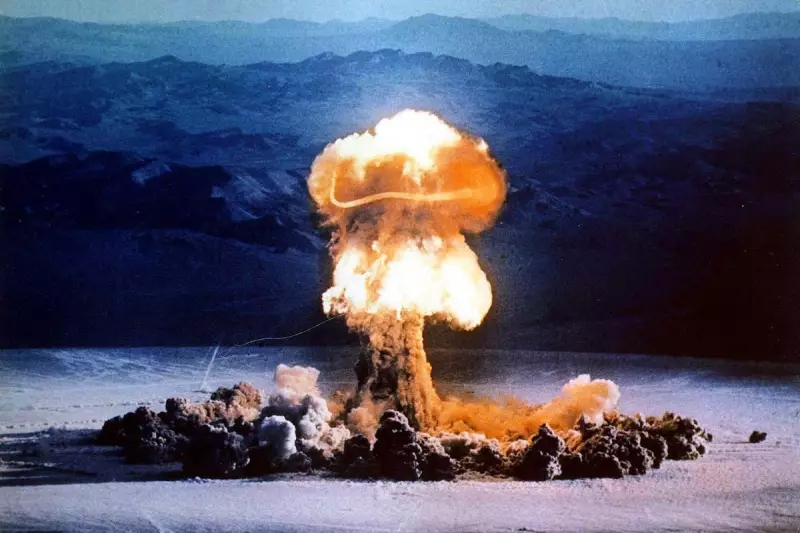
In a revelation that has sent shockwaves through international security circles, former President Donald Trump allegedly entertained the controversial idea of resuming American nuclear weapons testing during his time in office, according to exclusive reporting.
The Costly Nuclear Proposition
Senior administration officials have disclosed that Trump repeatedly questioned why the United States wasn't testing its nuclear arsenal during high-level discussions. The discussions reportedly occurred despite the nation observing a testing moratorium since 1992 and signing the Comprehensive Nuclear-Test-Ban Treaty in 1996.
The financial implications alone were staggering - officials estimated that conducting just a single underground nuclear test could cost American taxpayers approximately $10 million to $20 million. This figure represented only the direct testing costs and didn't account for potential geopolitical consequences.
Global Security Implications
National security experts expressed grave concerns that such actions could trigger a dangerous new arms race, potentially encouraging other nuclear powers like Russia and China to resume their own testing programs. The move would have represented a significant escalation in global nuclear tensions.
"Resuming nuclear testing would have shattered decades of international non-proliferation efforts," one senior official familiar with the discussions revealed. "The ramifications for global security would have been catastrophic."
Administration Resistance
Fortunately, according to sources within the administration, senior officials successfully resisted implementing Trump's testing proposals. Key figures argued that such actions would:
- Undermine America's moral authority on non-proliferation
- Violate international treaties and agreements
- Potentially trigger a new global arms race
- Damage diplomatic relationships with key allies
The discussions highlight ongoing concerns about nuclear weapons policy and the importance of maintaining international arms control agreements that have helped prevent nuclear testing for nearly three decades.





